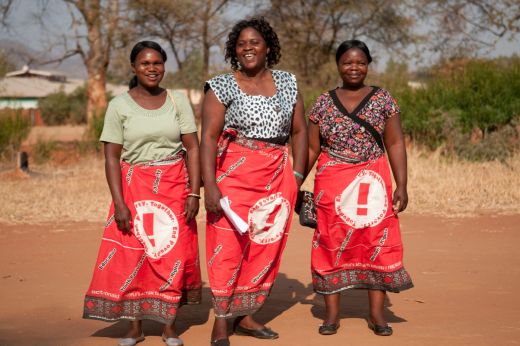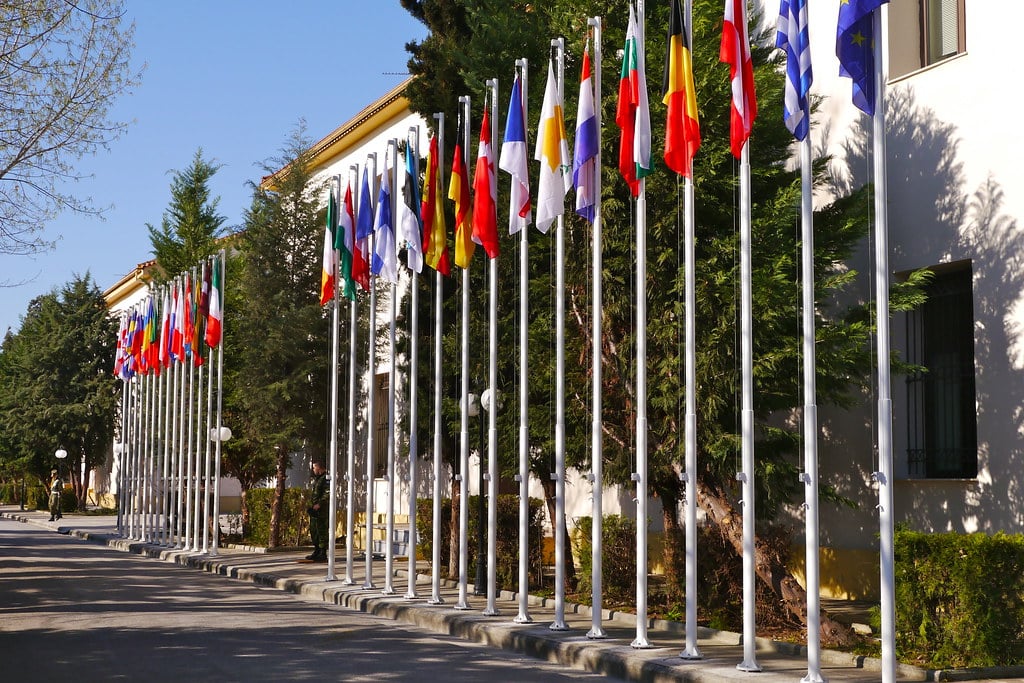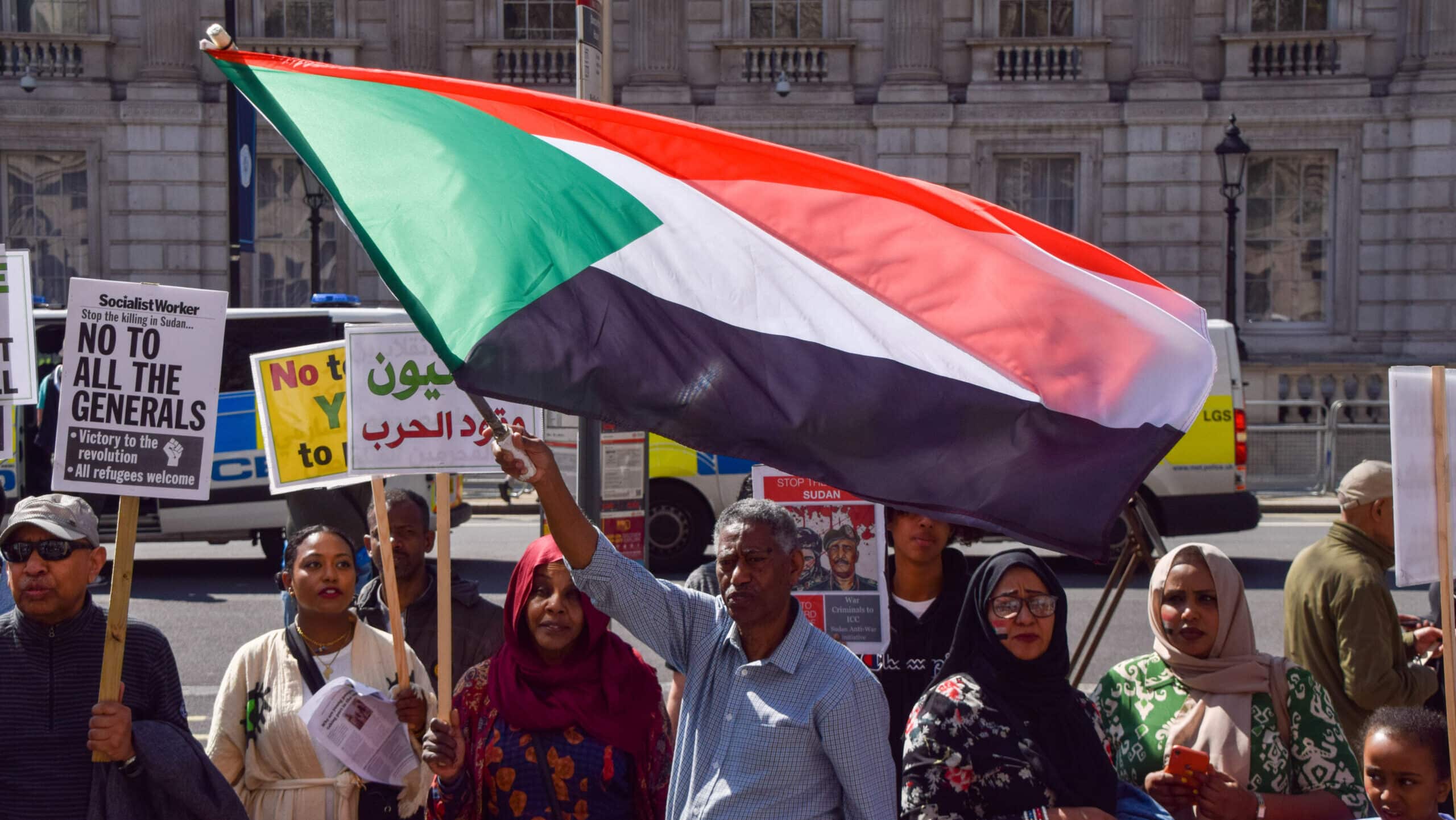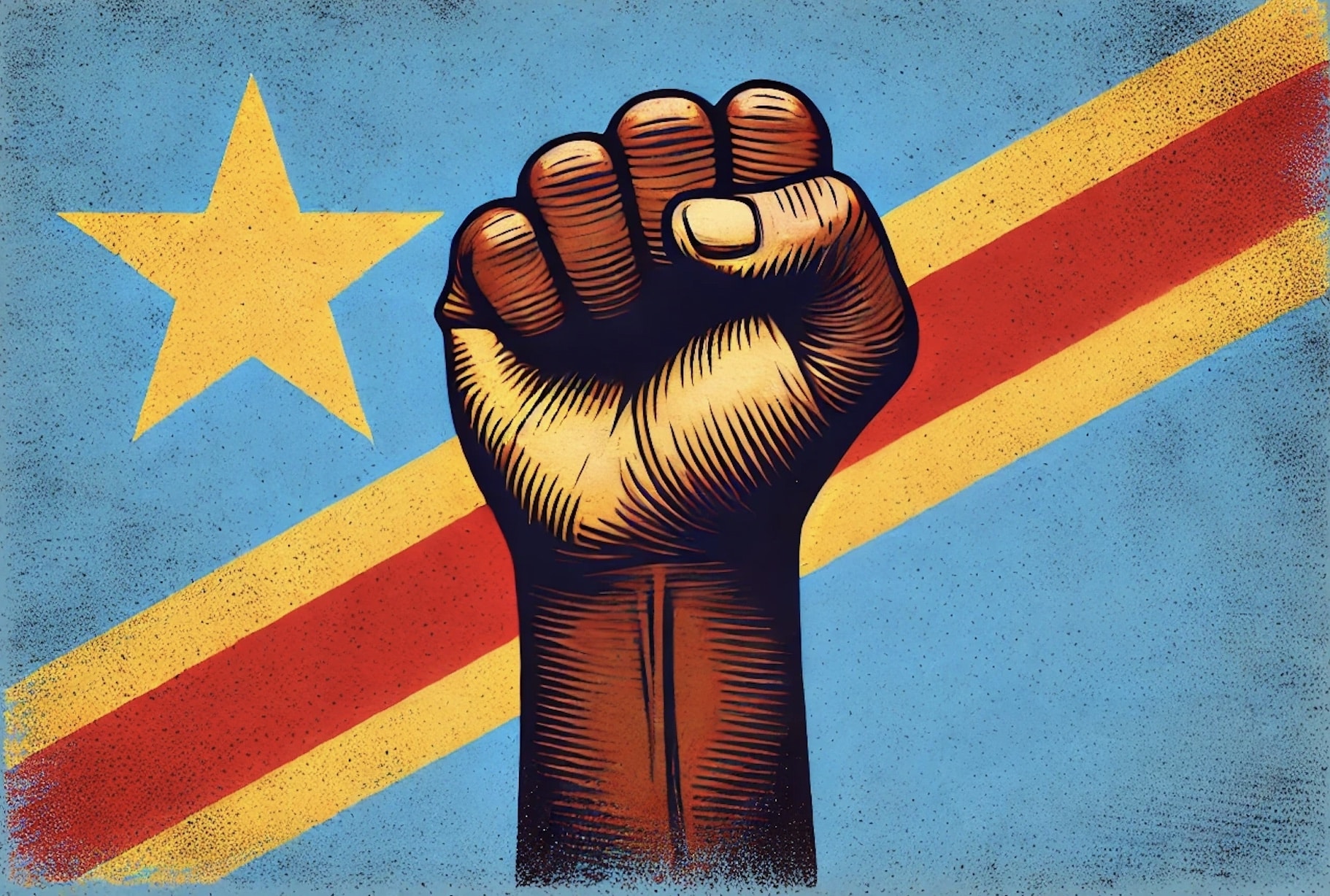"It is the little things that citizens do. That is what will make the difference." That argued Dr Wangari Muta Maathai in one of her speeches addressed to the entire African continent. The Kenyan environmental and political activist and Nobel laureate knew how to powerfully push activism and civic initiatives to create positive change like no other. Where politics is still often traditional and closed, ordinary people know how to penetrate power and force change. This occurs in many areas, such as women's rights, children's rights, environment, anti-corruption and economic rights. With technological developments and social media as a powerful weapon, more and more people, mostly young people and women, are making their voices heard. Consequently, this year's Africa Day will focus on activism and civic initiatives.
The power of local activism
All over the world, people are joining forces to improve their living conditions. In Africa, too, of course, this is the order of the day. Traditional actions and initiatives do not always seem to work. Many NGOs focus on helping a 'little bit' everywhere, leaving many people out of pocket. According to Moses Isooba of Africans Rising, "NGOs thus lose legitimacy and Africans would 'attend their funeral' without flowers and speeches". In addition, in many African countries there is a monopoly of power from which the people suffer. Therefore, more and more Africans are joining forces to create change for themselves. Africans Rising is a prominent example of this.
In 2016, 272 people from 44 different African countries decided to come together in Arusha, Tanzania to found the pan-African movement Africans Rising. According to them, it is high time Africans took matters into their own hands to develop their continent. In doing so, they focus on justice, peace and dignity and want to be able to finance their projects independently within five years. If not, they will disband.
Different perspective on development cooperation
Because basic needs are less obviously provided for by the government, Africans are often driven to do much more themselves. The various actions and initiatives are therefore set up from a completely different perspective. As a result, there is a lot of pure willpower and social entrepreneurship, and many active women's and youth groups are committed to improving their country and immediate living conditions.
According to Inge van Steekelenburg, organisation consultant at Movisie, "the West can learn a lot from civic initiatives from developing countries. A neighbourhood approach in Cape Town can work just as well in a neighbourhood in The Hague. With local adaptations, of course." This 'reverse development cooperation' also changes the current model: local civic initiatives have had a greater impact in Africa over the years.
Examples of citizens' initiatives
Examples of civic initiatives abound. For example, let Njangi in Cameroon show that solidarity goes hand in hand with activism and civic initiatives. This is a system for citizens who do not have access to banking services. Large or small groups of people save a small amount each week for someone else. Each group has its own structure and system, but the principle remains the same. It is all based on solidarity and trust for each other. This initiative makes it easier for people to take care of their families, start something for themselves or maintain their land. It also contributes to new ideas for civic initiatives.
Other examples include the Haarlem-Mutare city link, which shows how a local citizens' initiative can grow into international cooperation between two cities. But NGOs also contribute to civic initiatives. For example, ActionAid supports peasant women in Malawi, enabling them to take better care of themselves and their environment. As a result, these women farmers are now able to work locally for a better society.
But the question remains, what role will international cooperation play when it comes to new activism and social initiatives in African society? How will these local activists deal with this? And how do they want us to support them in this? This is why Africa Day on 14 April will focus on new activism and social initiatives. From 12 March, the programme will be online and then you can also buy your ticket for this day!





